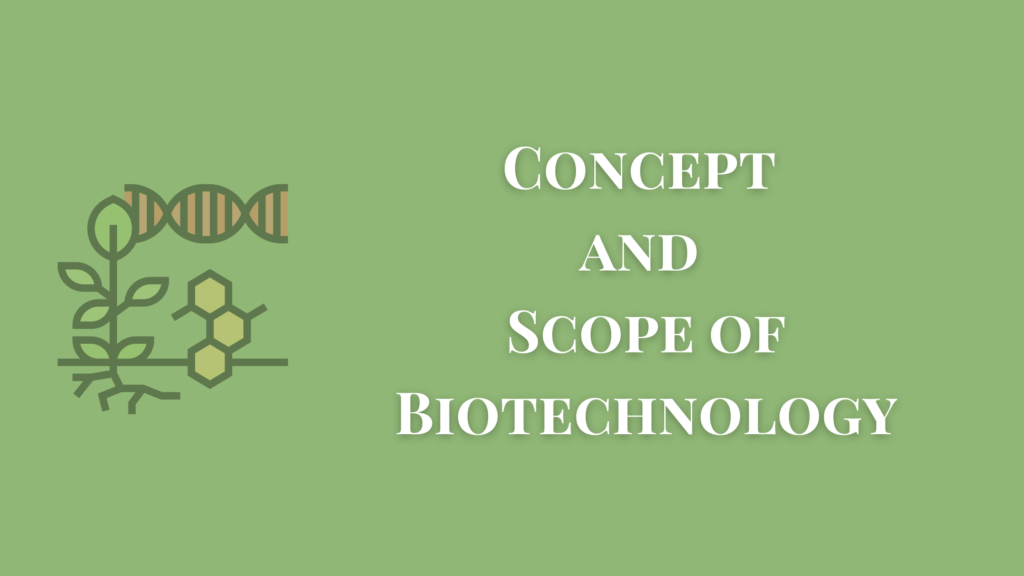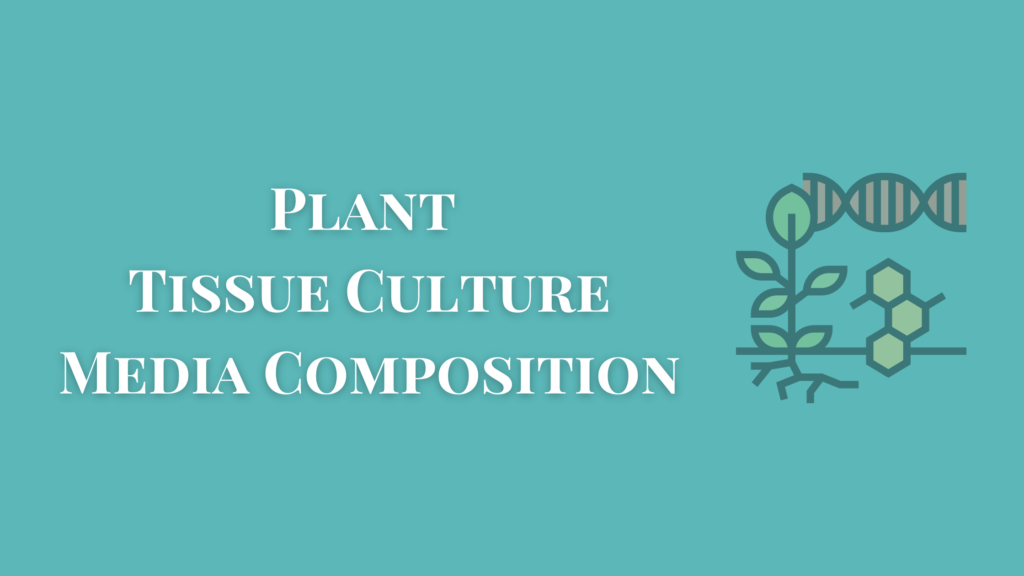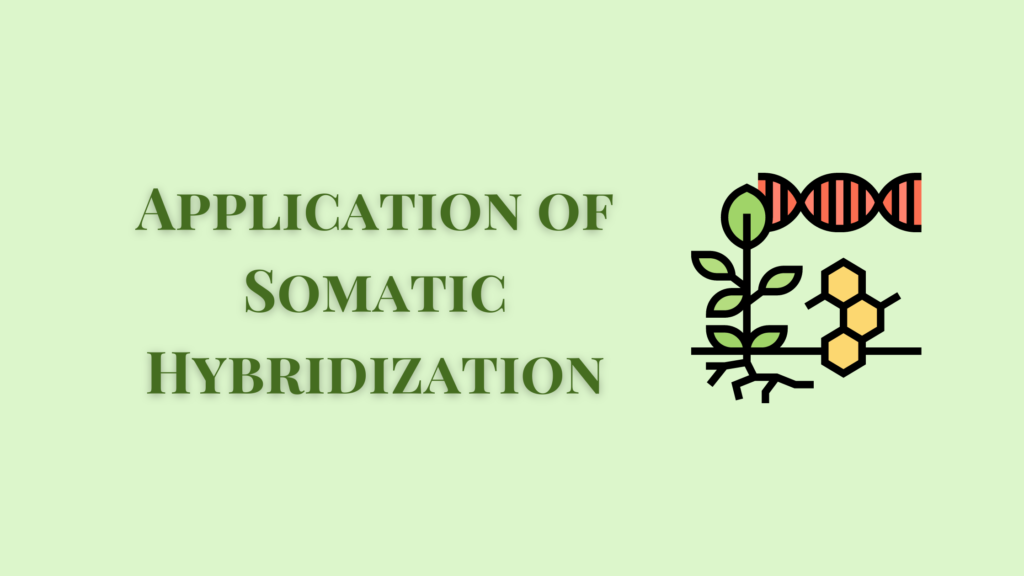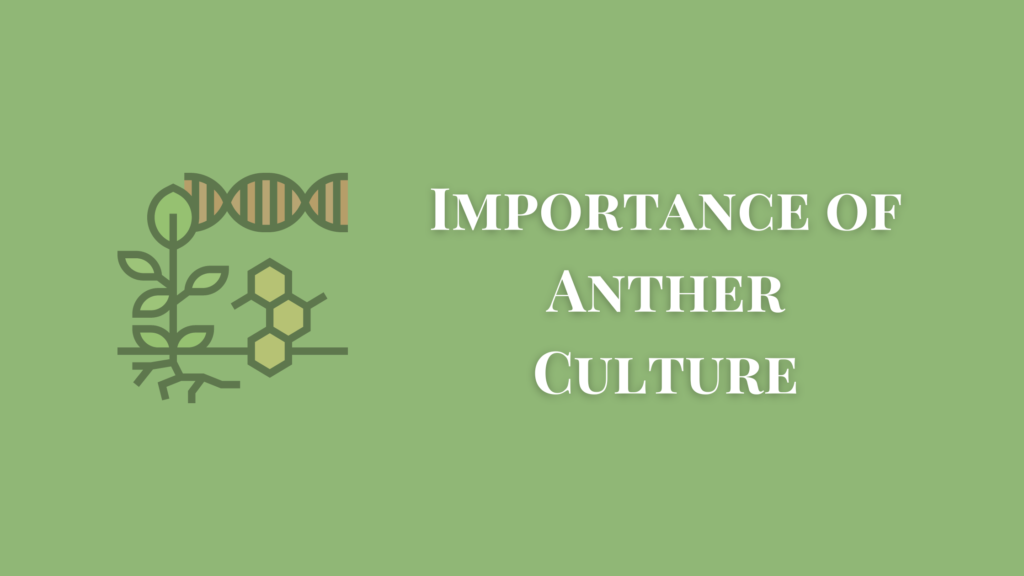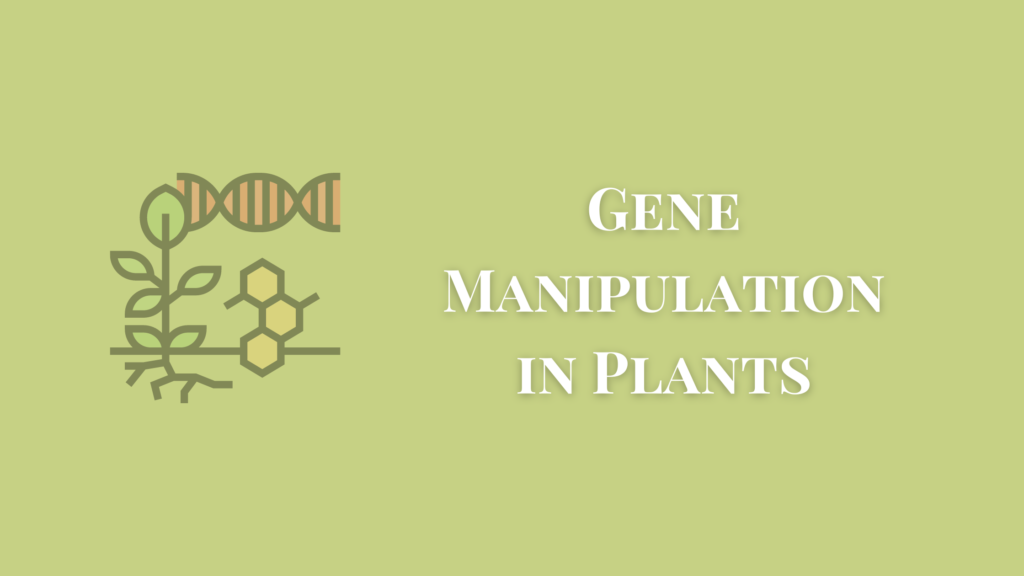Biotechnology, as the word indicates, is the product of the interaction between the science of biology and technology. Not only has science influenced technology, but technology has also affected science. Thus this complex relationship has a major impact on human welfare and biotechnology became a major part of our existence. Let’s dive into more about the concept and scope of biotechnology.
History of Biotechnology
The origin of genetics can be traced back to prehistoric times when microorganisms were already used for processes like fermentation. Molecular biologists may consider the cloning of DNA to be the most important event in the history of biotechnology.
In the 1920s Clostridium acetobutylicum was used by Chaim Weizmann for converting starch butanol and acetone. The latter was an essential component of explosives during WWI. This increased the scope for commercial production of chemicals using biological processes. This is deemed as the rediscovery of biotechnology.
Similarly, during WWII, the production of penicillin on a large scale from cultures of Penicillium notatum marked the second rediscovery of biotechnology. The third rediscovery is the recent reincarnation in the form of recombinant DNA technology, which led to the development of a variety of gene technologies and is considered to be the greatest revolution of recent times.
Thus, even after technology has its origin in the past, it has assumed special significance only in the 1970s and 1980s.
Concept and Scope of Biotechnology
Being such an important field of study, attempts have been made to define biotechnology. However, it is recognized that a complete definition of biotechnology is difficult due to its wide range of usage. Biotechnology products play crucial roles in employment, productivity, trade, economics, and the quality of human life worldwide.
Fermentation by some microorganisms, formation of yogurt and cheese from milk and vinegar from molasses, production of antibiotics like penicillin from fungi, baking, and brewing, etc are included under the old biotechnology.
Other examples such as biological processes involving recombinant DNA and polymerase chain reactions, are more of a modern biotechnology field. Cell culture, fusion, bioprocessing, etc are possible only through research in molecular biology and have been described as new biotechnology.
Some definitions of biotechnology are given below.
- Biotechnology is the application of biological organisms in systems or processes of manufacturing and service industry.
- Biotechnology integrates other branches of science such as microbiology, biochemistry, and engineering science, and applies it to cultured tissue cells, and other related areas.
- One can define biotechnology as a technology using biological phenomena to copy and manufacture various kinds of useful substances.
- In another way, biotechnology can be defined as the controlled use of biological agents such as microorganisms or cellular components for beneficial use.

Importance and Scope of Biotechnology
Biotechnology has its roots in molecular biology and microbiology. Advances in these two fields have been exploited in various ways both in the production of industrially important biochemicals and for basic studies in molecular biology. Thus creating a new commercial environment.
Genetic fingerprinting increased the production of chemicals, foods, energy, and vaccines. The advancement of biotechnological events projects towards antibiotic production, production of aromatic compounds, organic solvents, etc. Thus its importance has increased manyfold in various industries. Other areas of the scope of biotechnology are given below.
- Automating the process of bio-screening for therapeutic agents.
- Bio-processing of valuable chemicals such as alkenes, oxides, glycols, etc.
- Production of immobilized cell and enzyme systems.
- Genetic engineering of organisms for industrial and pharmaceutical use.
- In the field of human gene therapy.
- Increased production of Vitamin B12, fructose, in the fermentation industry, insulin production, degradation of hydrocarbons, etc.
- Biotechnology is also useful for vaccine production, the making of biofertilizers or biopesticides, diagnostic kits, antibody production, and for making transgenic plants and animals.
- Production of genetically identical plants or plants having similar desirable characteristics using plant tissue culture.
Applications of Biotechnology
- Improved techniques in tissue culture created resistant varieties of cereals and other crop plants.
- Production of pharmaceutical products increased its importance and made its entry into wider areas.
- Fermentation technology got a new momentum by the production of different enzymes for producing different organic solvents and alcohols.
- Protein synthesis technology is used for making polynucleotides to order and prepare normal protein which enables the synthesis of proteins in any desired amino acid sequence.
- The usage of microbes in the anaerobic digestion of wastes, biological breakdown of lignocellulosic residues, and production of insecticides are the other important aspects of developments in biotechnology.
- The most important aspect of biotechnology is its development of alternate sources of energy through the production of biogas for cooking and electricity, forming social forests for fuel, etc.
- Biotechnology has great potential to improve the status of society but its negative usage could be hazardous.
- Genetic manipulation, therapy, or technological research, biotechnology could lead to increased productivity with low cost and increased quality.
Areas of Biotechnology
Biotechnology is a multidisciplinary subject and the integrated use of biochemistry, microbiology, and chemical engineering is done to achieve the technological application of the capacities of microbes and cultured tissue cells.
The area of biotechnology includes,
- Genetic engineering (Recombinant DNA technology)
- Animal and plant tissue culture
- Enzyme technology
- Immunotechnology
- Fermentation technology
- Nitrogen Fixation technology
- Photosynthesis
- Bioenergy
- Process Engineering
Regarding the area of biotechnology, scientists are inflating the new areas day by day. The use of microprocessors and computers in DNA synthesis came into the field.
References
- Amarakoon, I., Hamilton, C., Mitchell, S., Tennant, P., & Roye, M. (2016). Biotechnology. Pharmacognosy, 549-563. https://doi.org/10.1016/B978-0-12-802104-0.00028-7
